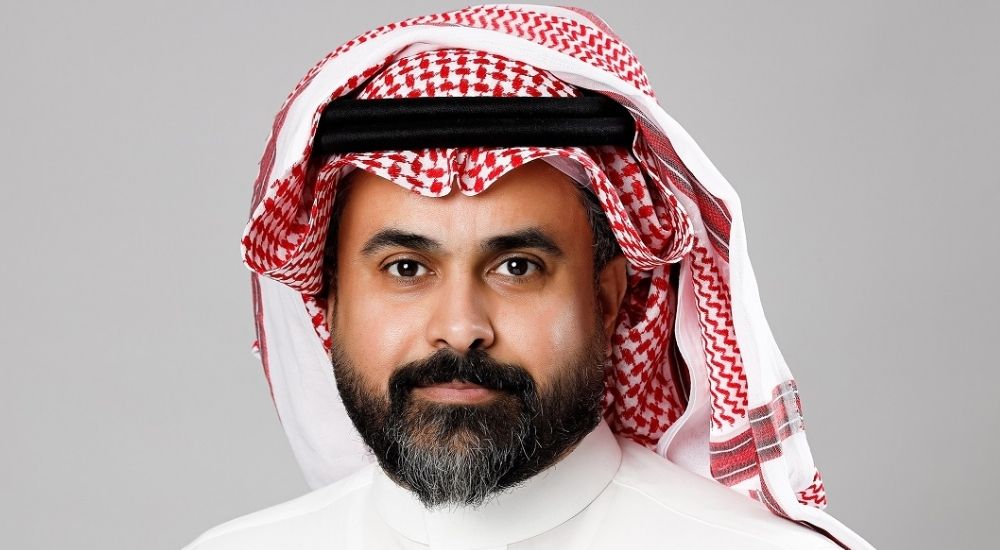Gender, ethnicity are not the only diversity metrics

In the post-pandemic era, one of the key priorities of businesses is to contribute to economic growth and strength. We are living in times where globalisation, technological advances, sociocultural dynamics and the societal ideals are directly reflected within workplaces.
Diversity and inclusion are not just practices being put into place, but assets for businesses and employees as well, as it helps to foster innovation and creativity.
Today, gender and ethnicity are not the only diversity metrics to be checked off. The business environment moves beyond and across these two aspects, and it is now more about the inclusion of diverse cultures, belief systems, morals and values, and socioeconomic backgrounds, too.
Businesses in the region are fast realising their own power to bring about a transformative change with inclusion and the benefits of hiring and supporting diverse groups. Thus, the case for establishing a truly diverse workforce, at all organisational levels, grows more compelling each year, and is more of a necessity given that every individual should be offered the same opportunities, regardless of their identities.
It is important that every society recognises the value of individuals with special abilities. For a thriving and inclusive economy, organisations must implement services that meet the needs of the specially-abled to integrate them into the system. Their contribution cements the foundation for change and strengthens our social and moral fibre.
However, it takes careful consideration and conscious orchestration to create this dynamic and incorporate deliberate measures that protect vulnerable members of society, be that in the workplace or in our daily lives.
In Saudi Arabia, more than half a million citizens live with a form of disability, as per the National and Regional Prevalence Rated of Disability report of 2016.
There is substantial research-based evidence to show that diversity and inclusion result in increased profitability and creativity in an organisation which in turn leads to a stronger and more efficient culture. Employees with different capabilities from varied backgrounds bring their own perspectives, ideas and experiences which helps to nurture a more resilient organisation.
According to a 2018 Deloitte Millennial Survey, 74% of respondents are of the view that an organisation becomes more innovative when it has a culture of inclusion. The future workforce will primarily consist of millennials, so it is crucial to hire accordingly and ensure that diversity remains a key part of the company culture.
The UAE has already passed a resolution in 2018 requiring employers to accommodate individuals with disabilities to enter and remain in the workforce and to engage in active and productive employment on an equal basis with their colleagues. The resolution applies to all governmental entities, private-sector employers, and non-profit organisations.
Key Takeaways
- Businesses in the region are realising their power to bring about a transformative change with inclusion.
- Businesses in the region are realising benefits of hiring and supporting diverse groups.
- It is important every society recognises the value of individuals with special abilities.
- Organisations must implement services that meet needs of specially-abled to integrate them into the system.
- It takes careful consideration and conscious orchestration to create this dynamic.
- In Saudi Arabia, more than half a million citizens live with a form of disability.
Business moves beyond these aspects, and it is now about inclusion of diverse cultures, belief systems, morals and values, and socioeconomic backgrounds.






